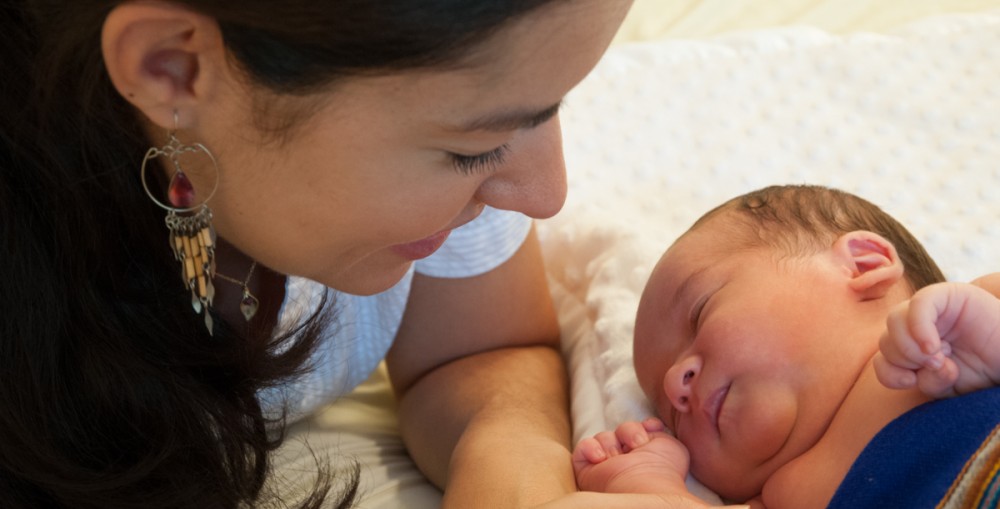(Not even going to lie; I was really, really excited to see a presentation in our class about lesbian mothers. This is my little add-on.)
The Atlantic published and article recently stating, according to the data of nations that have had gay marriage a few more years than us, they are longer lived than straight marriages, as far as we can tell. The author attributed this to going into the relationship without assumptions about roles and responsibilities, but hashing everything out and fostering communication; there are no boxes to force this couple to fit into, while the dead goose of 50’s stereotypes hangs over straight couples from the moment they walk down the aisle (Mundy, 2013). Though two lesbians may both be effeminate, that doesn’t determine the way their home life is run, but men, some of the most unacknowledged victims of gender stereotyping, still feel inherent shame if, say, their wife makes more money than them and they are not “the provider”. The Atlantic suggests those roles be redefined, considering the harm, and this follows the trend of society today.
Gender-neutral is coming in vogue as we lose stereotypes right and left; at Emory, we have a women’s rugby team, and this week on TV began the seventh season of RuPaul’s Drag Race. College campuses are instituting gender neutral housing, and 2013 was dubbed the Year of Gender Neutral Names, such as Riley, Peyton, or Rowan. Facebook has more than 50 new gender categories (Jayson, 2014). This can in no way be neatly separated from an acceptance of gay culture and integration into the fold of new value sets, but then again, that begets a chicken and egg argument. So this begs the question, how does this affect parenting?
Well, from extensive survey work, it’s been shown that the only difference between gay parents and heterosexuals is that gay parents are more likely to adopt ‘less conventional parenting standards,’ into which ‘gender-neutral’ fits neatly. In this practice, “walk it off”, “be a man”, and “boys will be boys” are no longer acceptable ways to approach raising a son, and “bossy” is no longer a word to put down girls with, but even less radical parents are coming over to this mindset. In fact, the trans community urges parents to consider that though parents may believe they are raising a son or a daughter, they may be wrong about which they think their child is, as biological sex deviates from gender.
Research tells us raising children in a gender-neutral way, listening to their desires as opposed to what you might expect them to be, results in children that exhibit less anxiety, aggression, and depression. Considering the resentment fostered by role strain in traditional relationships and the pressure society puts on heterosexuals to fit those boxes, it makes you wonder if adult life is suffering those consequences, too.
How has gender affected your life and relationships? How do you think it impacts health settings, family life, or the raising of a child? How would you raise a boy differently from a girl, if you would? What good things do you think are lost if we let go of heteronormativity and what is gained?
Jayson, S. (2/7/2014). Gender loses its impact with the young. USA Today
Martin, K. A. (2005). William wants a doll. Can he have one? Feminists, child care advisors, and gender-neutral child rearing. Gender & Society, 19(4). 456-79.
Mundy, L. (22/5/2013). The gay guide to wedded bliss: Research finds that same-sex unions are happier than heterosexual marriages. What can gay and lesbian couples teach straight ones about living in harmony? The Atlantic.

Awesome post, Rand. I think the “traditional” boy/girl gender association during childhood preemptively molds children into people they may or may not identify with. There are too many gender-induced limits in the early development of female and male children (i.e., type of play) that it creates an unnecessary divide between the two. Perhaps this constricts their worlds in some way, preventing them from creating ideas, being naturally curious, and being free to make their own choices. Therefore, I think the idea of having a gender-neutral household could be a better solution for a child’s development.